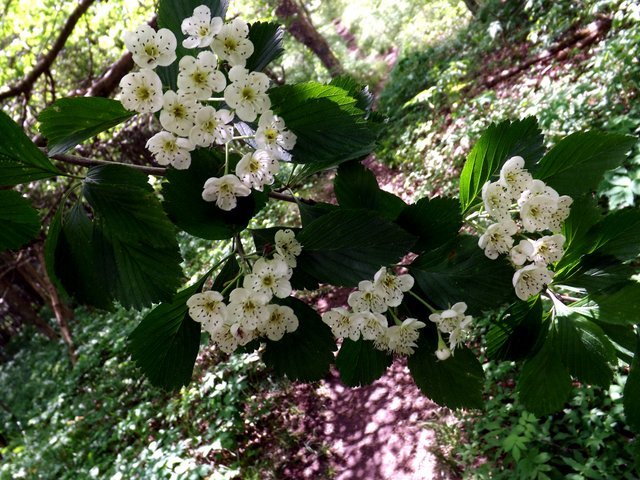
YEAR 2 CURRICULUM
Advanced community herbalism course curriculum
Phytochemistry: the science needed to understand herbal actions and best medicine making practices
Advanced formulation: learning how to created nuanced formulas with precise dosage
History and lineage
In-depth holistic anatomy and physiology for all the organ systems
Holistic therapeutic strategies for all the organ systems
Formulation for the specific organ systems, learning differential diagnosis for herbs with an affinity for each organ system
In-depth teaching on dozens of individual herbs: botany & identification, tastes & energetics, actions, uses, formulation, contraindications, and cultivation tips. (Materia Medica)
Holistic approach to mental health
The physiology of emotional trauma, holistic tools for supporting people who have experienced trauma
Supporting trans health: framework and tools for supporting transfolk
Advanced first aid
Readings and discussions on neurodiversity, ableism in health care, and other topics
Applied community herbalism: how do we ethically serve our communities within our skill sets?
Workshop on racial equity in the field of herbalism with Amanda David and Mandana Boushee
Tincturing by percolation + making concentrated tinctures (fluidextract)
Herbalism & Mutual aid: considerations and best practices
Case studies from our clinical practices
Creating individualized protocols for complex conditions
Clinical Skills for Community herbalists including but not limited to:
scope of practice, boundaries, consent, pattern assessment, creating protocols, triage for complicated cases, reciprocity, when things go wrong, legalities, interview skills, apothecary considerations, referralsFocused classes on grief support, addiction, and more.
